Health & Medicine
-
 Health & Medicine
Health & MedicinePanel outlines research priorities for ‘Cancer Moonshot’
Recommendations for President Barack Obama’s Cancer Moonshot include improved data sharing, focus on immunotherapy and commitment to patient engagement.
By Laura Beil -
 Neuroscience
NeuroscienceBrain training can alter opinions of faces
Covert neural training could shift people’s opinions of faces.
-
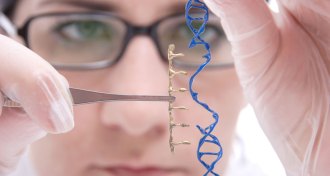 Genetics
GeneticsGenetic surgery is closer to reality
A molecular scalpel called CRISPR/Cas9 has made gene editing possible.
-
 Health & Medicine
Health & MedicineReaders contemplate aging research
Aging research, dino guts and Earth's quasisatellite in reader feedback.
-
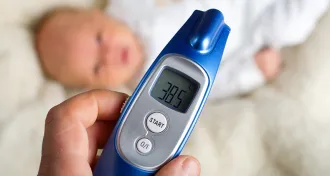 Health & Medicine
Health & MedicineDoctors need better ways to figure out fevers in newborns
When a very young baby gets a fever, doctors scramble to figure out the cause. A new type of test may ultimately help identify whether the culprit is bacterial or viral.
-
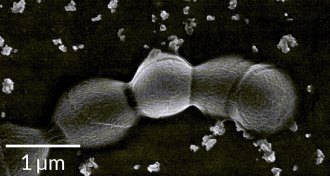 Health & Medicine
Health & MedicineBacterial weaponry that causes stillbirth revealed
Vaginal bacteria may cause stillbirth by deploying tiny weapons
-
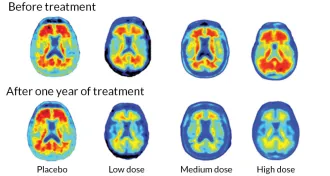 Neuroscience
NeuroscienceNew Alzheimer’s drug shows promise in small trial
A much-anticipated Alzheimer’s drug shows promise in a new trial, but experts temper hope with caution.
-
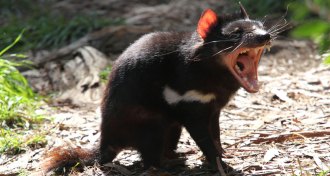 Health & Medicine
Health & MedicineTasmanian devils evolve resistance to contagious cancer
Tasmanian devils are evolving resistance to a deadly contagious cancer.
-
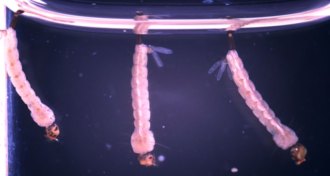 Health & Medicine
Health & MedicineMosquito moms can pass Zika to offspring
In the lab, Zika virus can pass from a female mosquito to her eggs, suggesting how infections can flare up again after adult insects dwindle.
By Susan Milius -
 Health & Medicine
Health & MedicineClean inside those bagpipes — and trumpets and clarinets
Bagpipes’ moist interiors may be the perfect breeding ground for yeasts and molds.
By Meghan Rosen -
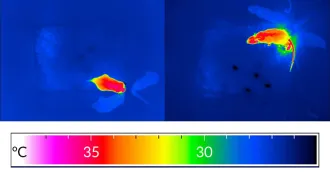 Neuroscience
NeuroscienceCool nerve cells help mice beat heat
A new study pinpoints fever-busting cells in mice’s brains.
-
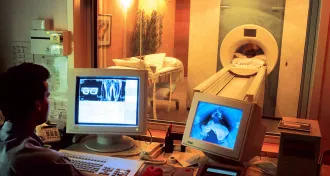 Neuroscience
NeuroscienceComputers refine epilepsy treatment
Surgeons harnessed computers in 1966 to pinpoint source of epilepsy in the brain.